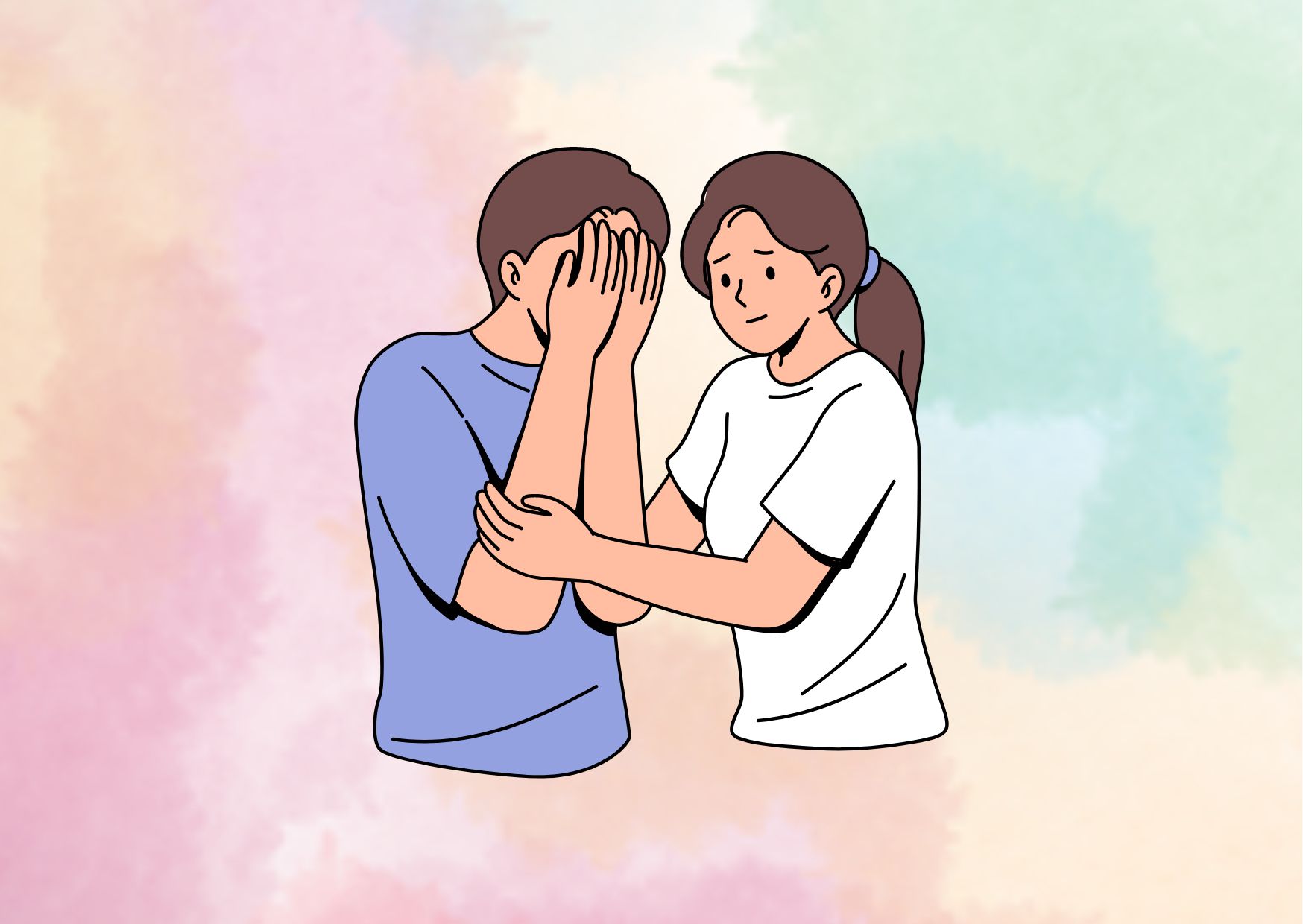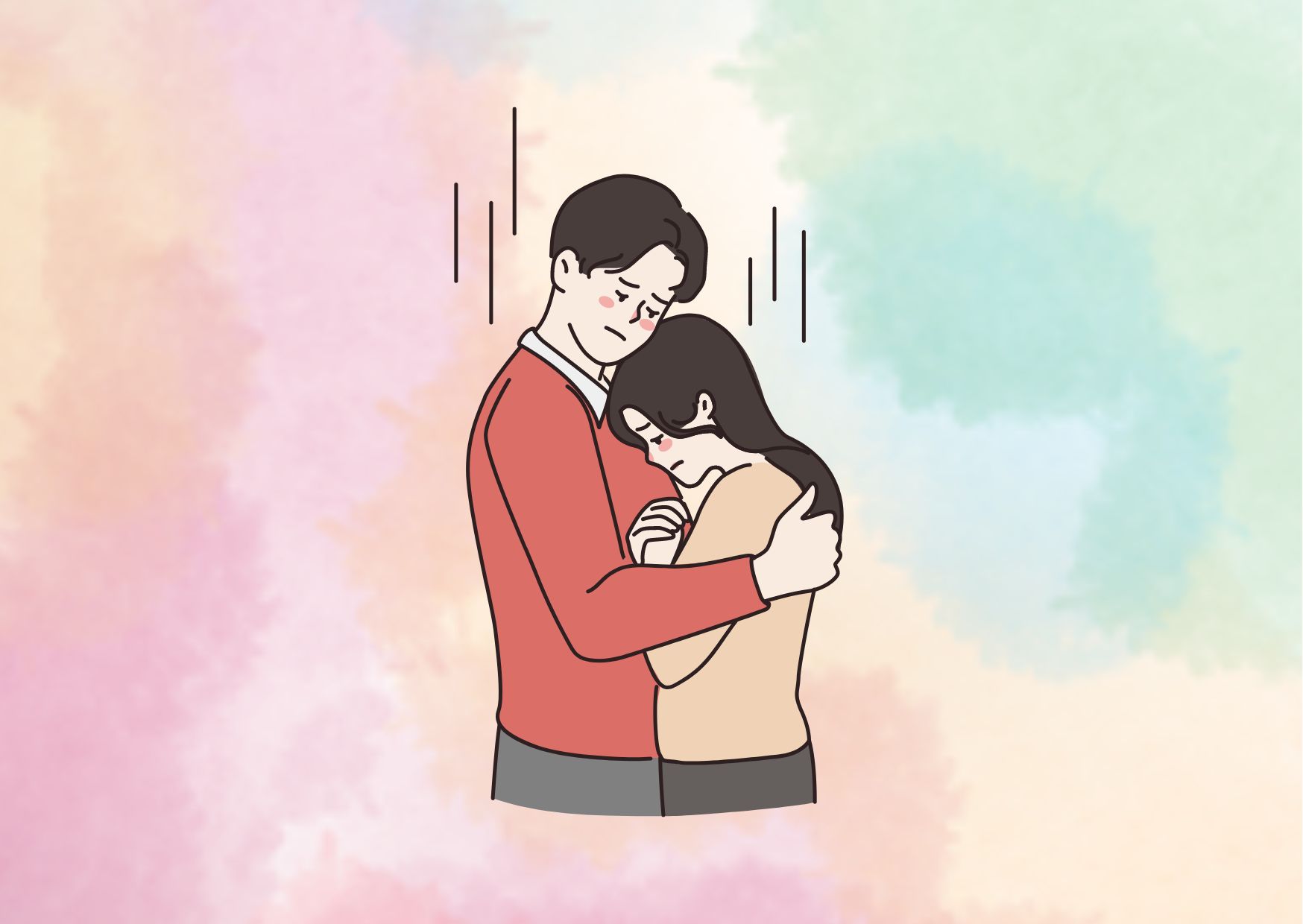How to Support a Partner with Low Libido
Low libido can pose significant challenges in relationships, affecting both partners emotionally and physically. When one partner experiences a decreased sex drive, it may lead to feelings of frustration, inadequacy, and disconnection. Understanding the causes of low libido and its impact on relationships is crucial to addressing this issue effectively. From hormonal imbalances to stress and relationship dynamics, various factors can contribute to a diminished interest in sexual activity.
This comprehensive guide explores strategies to support a partner with low libido. It delves into the importance of open communication, fostering non-sexual intimacy, and seeking professional help when needed. By examining the underlying causes and offering practical solutions, this article aims to help couples navigate the complexities of low libido. It provides insights on how to maintain a strong, loving relationship while addressing the challenges that arise from mismatched sexual desires.
Understanding Low Libido: Causes and Impacts
Low libido, or a decrease in sexual desire, is a common issue that affects many individuals and couples. It’s characterized by a reduction in the frequency or intensity of sexual desire compared to what a person once experienced. This complex phenomenon is influenced by various biological, psychological, and social factors.
Common causes of low libido
Several conditions and situations can lead to a decrease in sex drive. These include:
- Relationship issues: Problems with communication, trust, or intimacy are among the most common causes of low libido.
- Medical conditions: Certain health issues can impact sexual desire, such as hormonal imbalances, cardiovascular disease, and diabetes.
- Mental health conditions: Depression and anxiety disorders can significantly reduce libido.
- Medications: Some drugs, particularly antidepressants and hormonal contraceptives, may have side effects that decrease sexual desire.
- Stress and exhaustion: Chronic stress can interfere with hormone levels and take one’s mind off sexual desire.
- Aging: As people get older, they may experience a natural decline in sex drive due to hormonal changes.
Physical vs. psychological factors
Low libido can stem from both physical and psychological factors, often intertwining in complex ways.
Physical factors:
- Hormonal changes: Fluctuations in estrogen, testosterone, and other hormones can affect libido.
- Medical conditions: Thyroid disorders, hyperprolactinemia, and sexual dysfunctions can lead to decreased sexual interest.
- Pregnancy and postpartum: These life stages involve significant hormonal shifts that can impact sex drive.
Psychological factors:
- Stress: High levels of stress can suppress sex hormones and reduce libido.
- Body image issues: Feeling insecure about one’s body can negatively impact sexual desire.
- Past trauma: A history of sexual abuse or harassment can affect a person’s relationship with sex and intimacy.
Effects on relationships
Low libido can have significant impacts on relationships:
- Intimacy challenges: A decrease in sexual activity can lead to a reduction in overall intimacy between partners.
- Communication issues: Couples may struggle to discuss their sexual needs and frustrations openly.
- Feelings of rejection: The partner with higher libido may feel undesired or unattractive.
- Anxiety and guilt: The partner with low libido may experience anxiety about their condition and guilt for not meeting their partner’s needs.
- Relationship strain: Mismatched sexual desires can create tension and conflict within the relationship.
Understanding the causes and impacts of low libido is crucial for addressing the issue effectively. It’s important to recognize that low libido is a common and complex problem that can affect anyone. By identifying the underlying factors and their effects on relationships, couples can take the first step towards finding appropriate solutions and maintaining a healthy, satisfying partnership.
Open Communication: The Foundation of Support
Open communication serves as the cornerstone of support in relationships, especially when addressing sensitive issues like low libido. It allows partners to express their feelings, needs, and concerns in a constructive manner. By fostering an environment of trust and understanding, couples can work together to navigate the challenges associated with mismatched sexual desires.
Creating a safe space for dialog
To have meaningful conversations about intimacy, it’s crucial to establish a safe space where both partners feel comfortable expressing themselves. This involves:

